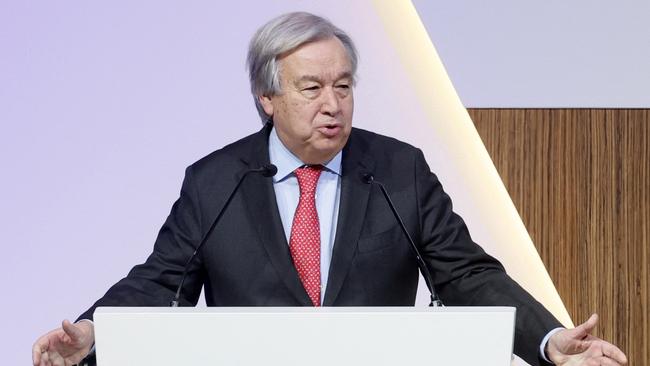
How else to assess UN Secretary-General Antonio Guterres’s call last Monday for the developed world to bring its net-zero emissions ambitions forward to 2040? The Intergovernmental Panel on Climate Change and Guterres know increased CO2 emissions globally are being driven by China and India, which are committed to using more fossil fuels.
While the ABC and Guardian Australia gave last week’s IPCC sixth synthesis report all the respect it was not due, much of the mainstream media gave it the back-of-the-news section treatment it deserved. Even The Sydney Morning Herald put it back on page 10. As this newspaper’s environment editor, Graham Lloyd, said on Sky News Australia on Tuesday night, it was really a political document.
Yet ABC’s 7.30 led Tuesday night’s program with a six-minute segment by Laura Tingle called “IPCC scientists issue ‘final warning’ before global warming exceeds the point of no return”.
Such politicising of the science begs the question: How many more “code red for humanity” headlines can the IPCC get from data that was reported two years earlier? And for how much longer can the left media ignore the elephants in the room?
Elephant one is the failure of a climate catastrophe, or anything like it, to arrive. Remember we are less than seven years from Extinction Rebellion’s 2030 doomsday timeline. Even Swedish climate campaigner Greta Thunberg has had to delete a 2018 tweet that suggested climate change could “wipe out humanity” unless there is a halt on fossil fuel use by 2023.
Elephant two: despite 30 years of exaggerated predictions – and commitments by governments that have allowed increased fossil fuel use despite promising the opposite – the world is in fact burning more gas and more coal now than at any other time in history.
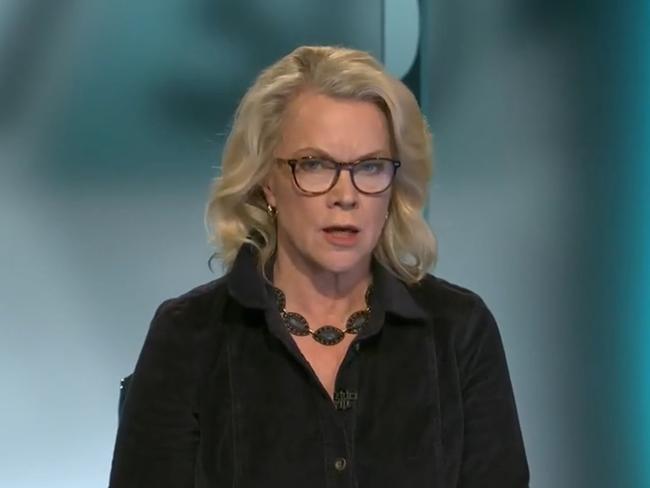
Yet ABC Radio National Breakfast host Patricia Karvelas allowed former Greens leader Bob Brown to claim on Thursday morning that his former party had to try to block all new coal and gas projects in Australia to protect our forests and the Great Barrier Reef.
Here we have the good CO2-bad CO2 scenario again: emissions from our much cleaner natural gas and coal will, according to Brown, damage our environment but somehow enormous increases in CO2 from China and India won’t. The world’s energy experts are starting to fight back against this sort of thinking.
UK oil and gas giant Shell, reacting to the UN synthesis report, raised the possibility net zero would not be reached until the 2100s. “In its best-case scenario, the world would hit the milestone in the early 2060s, but Shell said that would be extremely challenging,” The Times reported last week.
Writing on LinkedIn last month, Leen Weijers, vice-president of engineering at US-based Liberty Oilfield Services, described the very term “energy transition” as a misnomer that gave a false impression there is a “quick, easy and scalable alternative to eliminate fossil fuel use without serious impact on people”.
Despite the media hype about renewables, global “primary energy use is about to grow by almost 50 per cent between 2020 and 2050 as impoverished people rise from poverty”.
Oil consumption rises in all International Energy Agency scenarios “by about the same one million barrels a day as during the past five decades”, Weijers wrote, and “natural gas consumption will continue to grow through 2050”.
None of this should be a surprise to environment writers. Most just don’t report inconvenient facts. After all, every journalist working in this area must know Germany is planning 30 new gas-fired power plants and has increased coal use in the wake of disruption to Russian gas supplies during the war in Ukraine.
Business website MarketScreener reported on March 9 that output from German coal-fired power plants rose by 8.4 per cent last year, making it the source of one-third of Germany’s entire electricity market. Despite the country’s multi-trillion-dollar green energy transition plans, 53.7 per cent of all German power last year “came from conventional sources such as coal, gas and nuclear power”.
Environmentalists used to claim Germany was leading the world on renewables. Yet green website Clean Energy Wire reported earlier this month that Germany is “to use tenders to build 25 gigawatts of new gas-fired power plants by 2030’’. This is why the EU has decided to reclassify gas as a clean green fuel.
As this column has written for many years, Australia’s own energy plans devised under the Rudd and Gillard Labor governments always envisaged less carbon-intensive natural gas as the transition fuel from coal to renewables. But just as the Greens flipped on support for Rudd’s Carbon Pollution Reduction Scheme, they quickly flipped against gas and are now threatening Prime Minister Anthony Albanese’s CO2 reduction plans.
The government is pushing for higher CO2 reduction targets for the nation’s top 215 emitters as part of the safeguard mechanism first introduced in 2016 by the former Coalition government. Greens leader Adam Bandt objects because much of the early emissions reduction by those companies will be bought using carbon credits. Never mind that’s how much of the developed world is achieving reductions.
The Greens would apparently happily destroy the industries that earn Australia foreign exchange to pay for things we can’t make here; those same businesses pay taxes that underwrite the welfare spending so loved by Greens voters.
Luckily for the nation, Albanese is following US President Joe Biden down the road of saying one thing and doing another. Biden is allowing expansion of coal, oil and gas production and has attempted to get OPEC to push down oil prices for US drivers.
Indeed, Biden has disappointed his own left flank by approving the long-delayed Willow oil drilling project in Alaska. On March 13, he ticked off on a $US8bn proposal by ConocoPhillips to extract 600 million barrels over the next 30 years.
Given China’s decision last year to increase domestic coal production by 300 million tonnes a year and Russian President Vladimir Putin’s offer to Xi Jinping last week to lift Russian gas exports to China, what could Biden have possibly gained by making life more expensive for US workers? Remember China now accounts for 27 per cent of all global CO2 emissions, the US 14 per cent and Australia just over 1 per cent.
Back to electrical engineering, energy transition and good and bad CO2. Environment reporters who have swallowed the idea that the South Australian electricity grid is now often 100 per cent renewable should read a three-part series by retired NZ power station engineer Chris Morris and US grid engineer Russ Schussler on Judith Curry’s Climate Etc blog.
They explain why renewables are not cheap, why renewables will remain inherently unreliable until significant technological breakthroughs are made, and how South Australia has simply outsourced its emissions to Victoria. Good CO2 there, apparently.


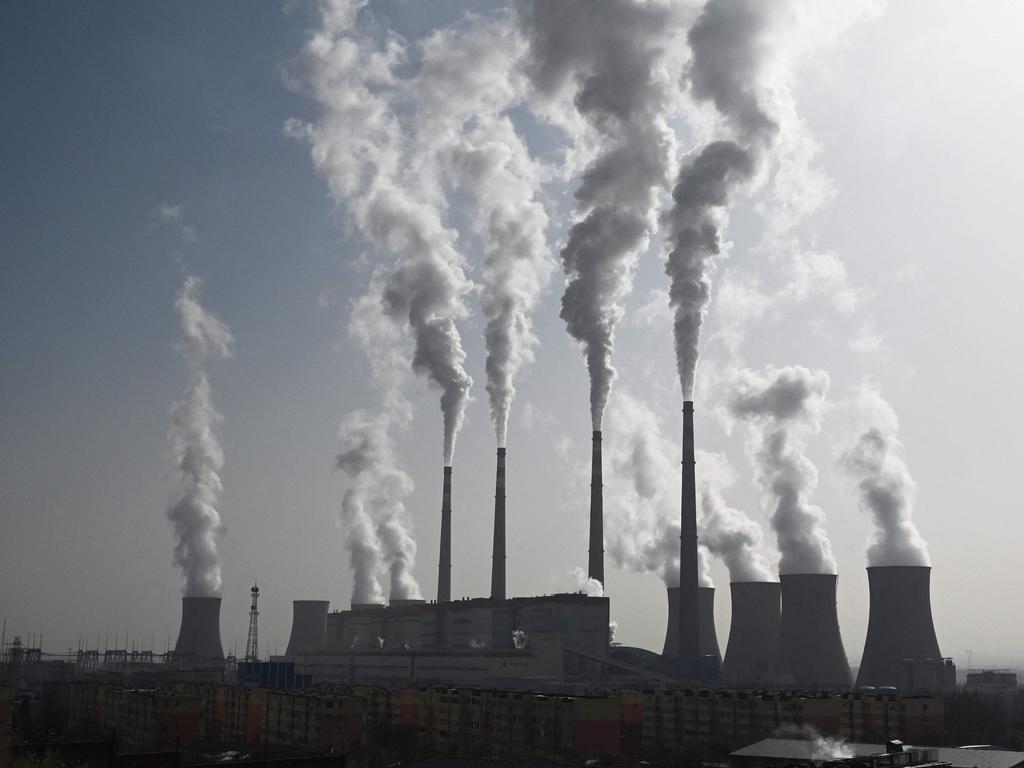
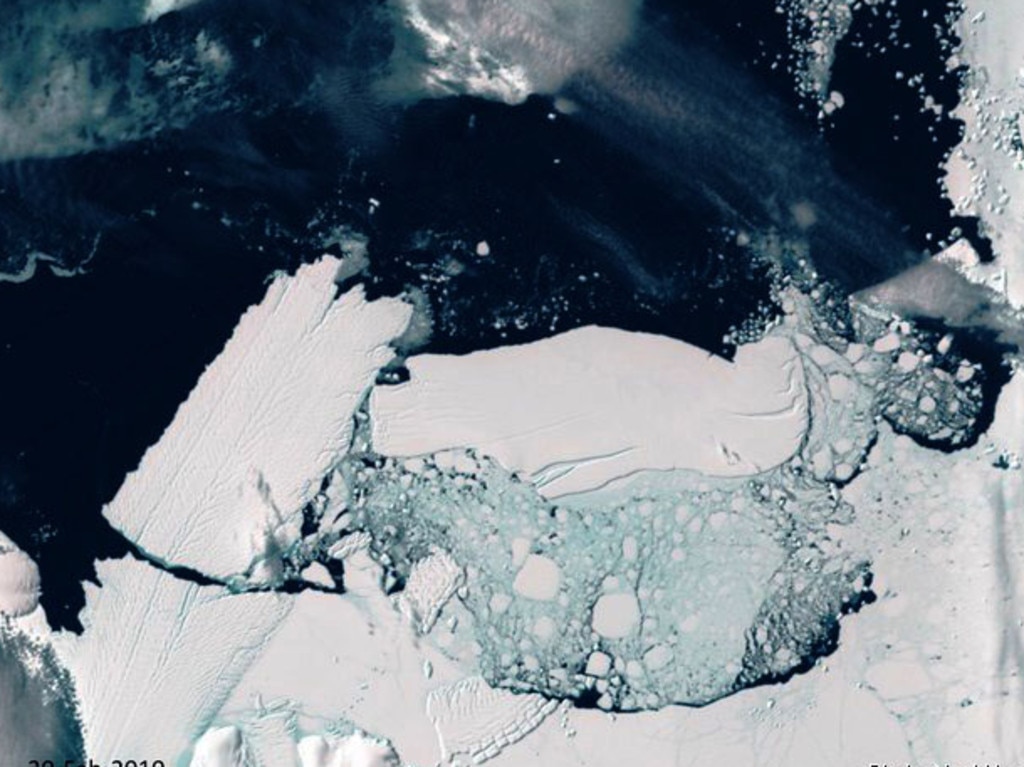
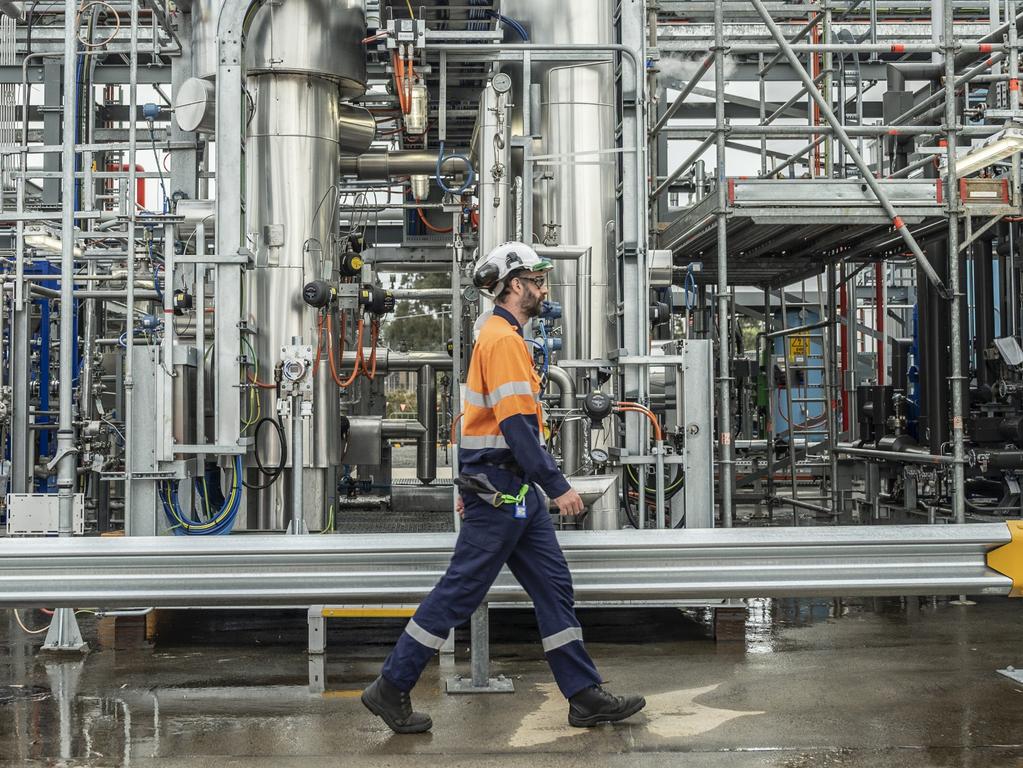



Long-term readers of United Nations climate forecasting could be forgiven for concluding its scientists must be able to distinguish between good carbon dioxide and bad carbon dioxide.